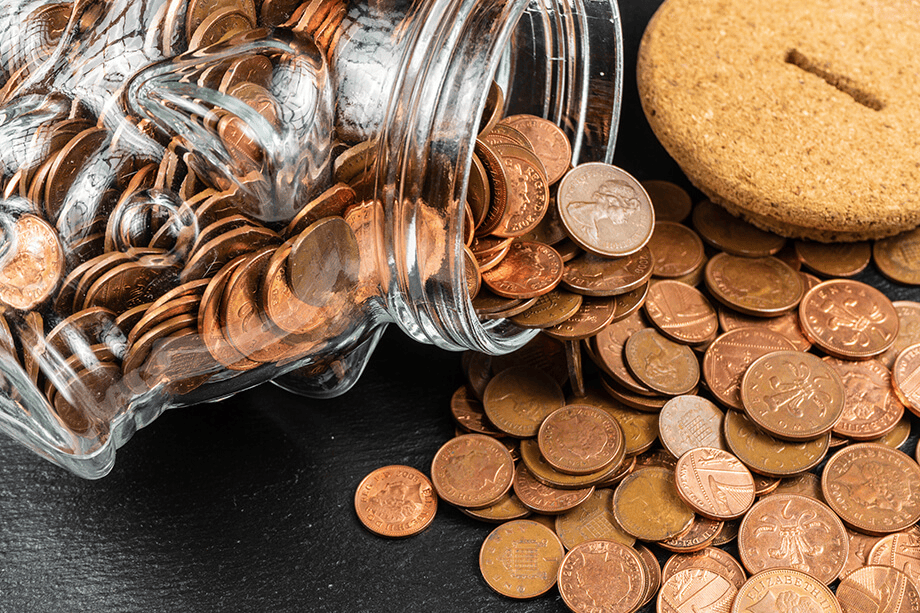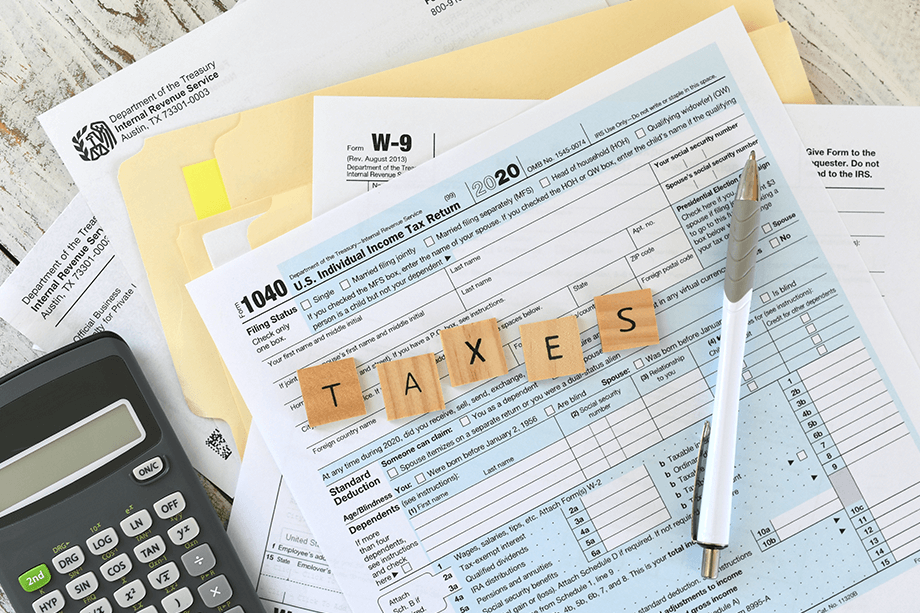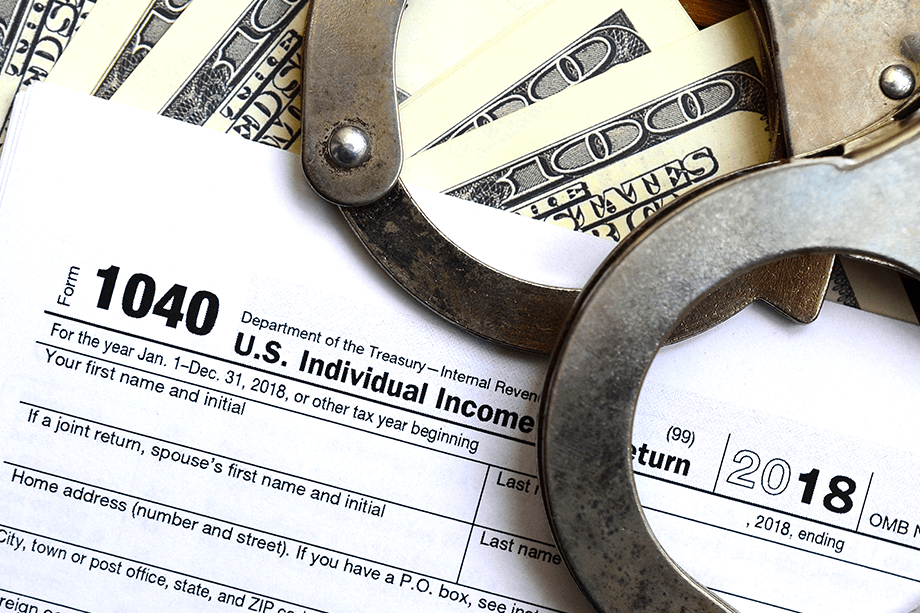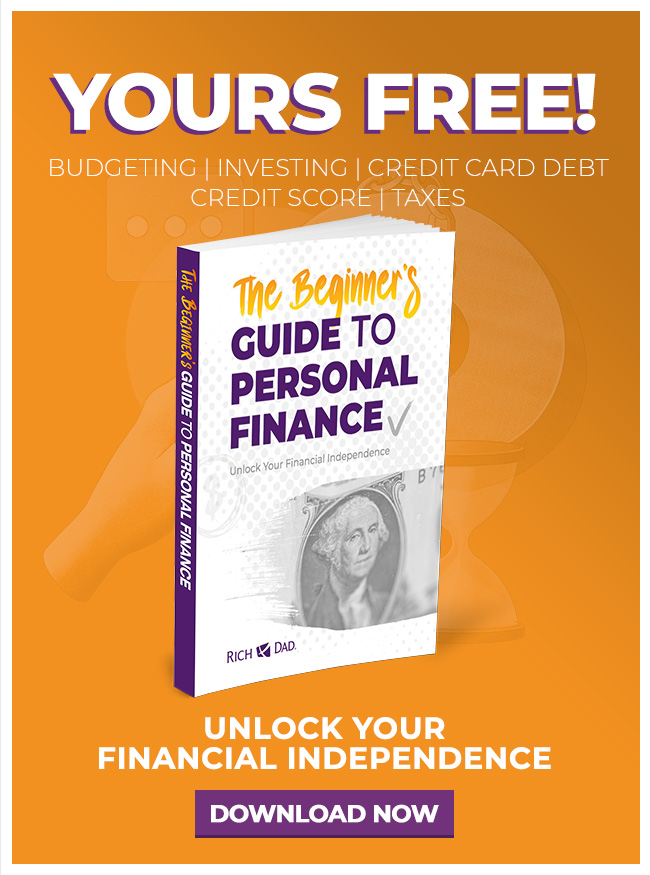They say there are only two sure things in life: death and taxes. And nobody likes either of them. For now, let’s focus on taxes.
Robert Kiyosaki’s rich dad said, “When it comes to taxes, the rich make the rules.”
He also said, “If you want to be rich, you need to play by the rules of the rich.”
The rules of money are skewed in favor of the rich, and against the working and middle classes. After all, someone has to pay taxes.
The middle class, of course, does not like this. That is why they get so mad when they find out that the rich can avoid paying taxes and when they find out that the rich often avoid paying taxes because they help write the rules.
Opportunity zones
A good example of this comes from an article by the publication “VOX” called, “The new hotness for tech billionaires? Do-gooder investments they can write off on their taxes.” The article talks about a tax law called “Opportunity Zones.” Essentially, these are low-income areas of the country where the rich can invest their money to spur economic development. By doing so, they can defer their capital gains taxes through 2026, and they can also pay no taxes on the profit they make from the in-vestments in these opportunity zones.
The article itself, from the title to many of the quotes, is filled with contempt for the idea of rich people saving money on taxes by investing in low-income areas. But per-haps most galling to folks is that the law was crafted by a rich person.
“Behind it all is another Silicon Valley billionaire: Napster founder and early Facebook executive Sean Parker, who is using his celebrity and Rolodex to schmooze the wealthiest people in town. He’s been chatting up people like his longtime friend Peter Thiel, LinkedIn founder Reid Hoffman and venture capitalist John Doerr, pitching them on the idea in the way only a true peer can.”
Again, as rich dad said, “When it comes to taxes, the rich make the rules.”
Playing the game of money
When it comes to conversations like this, most people appeal to some sense of justice. It’s not fair, they cry, that the rich get to make the rules when it comes to taxes. It’s unjust, they say, that the rich can avoid paying taxes while the middle class and the poor are stuck with the bill.
Well, the truth is, life simply isn’t fair. But you’ve probably realized that by now.
Rather than focus on what’s fair and spend time complaining, it would be wiser to know the rules the rich make and play by them yourself. Of course, the government is in on this. They, after all, create the tax code to encourage certain behavior that they want people to do, like investing in poor areas. Robert said as much a while back when he wrote the article, “Why I Hope Donald Trump Paid $0 in Taxes.”
As he wrote then:
In short, the many credits and breaks that are found in the tax code are there precisely because the government wants you to take advantage of them. For instance, the government wants cheap housing. Because of this, there are many tax credits for affordable housing that developers and investors can take advantage of that minimize their tax liability, put more money in their pocket, and in turn, create affordable housing. Everyone wins.
There are many scenarios like this in the tax code that incentivize investors and entrepreneurs to do activities the government is looking for while rewarding those who take those actions with lower-or zero-tax burden.
Because of this, limiting your tax liability actually means you’re doing what the government wants you to do through the tax code. And that is the most patriotic thing you can do.
Many people won’t agree with this, but that’s OK. But these rules won’t go away, so you’d better learn to play by them.
Playing by the rules of the rich – a Kiyosaki case study
There are many ways that the rich make a lot of money and pay little to no money in taxes, and anyone can use them. As an illustration, Robert shares a a real-life situation:
“Here’s how I played by the rules of the rich and minimized my taxes:
- Kim and I put $100,000 down to purchase 10 condominiums in Scottsdale, Ariz. The developer paid us $20,000 a year to use these 10 units as sales models. So, we received a 20 percent cash-on-cash return, on which we paid very little in taxes because the income was offset by the depreciation of the building and the furniture used in the models. It looked like we were losing money when we were in fact making money.
- Since the real estate market was so hot, the 380-unit condo project sold out early. Our 10 models were the last to go. We made approximately $100,000 in capital gains per unit. We put the $1 million ($100,000 x 10 units) into a 1031 tax-deferred exchange. We legally paid no taxes on our million dollars of capital gains.
- With that money, we purchased a 350-unit apartment house in Tucson, Ariz. The building was poorly managed and filled with bad tenants who had driven out the good tenants. It also needed repairs. We took out a construction loan and shut the building down, which moved the bad tenants out. Once the rehab was complete, we moved good tenants in and raised the rents.
- With the increased rents, the property was reappraised and we borrowed against our equity, which was about $1.2 million tax-free, because it was a loan—a loan which our new tenants pay for. Even with the loan, the property still pays us approximately $100,000 a year in positive cash flow.
- Kim and I then invested the $1.2 million in another 350-unit apartment house in Flagstaff, Ariz., a hot property market, all tax free.”
Don’t park money…move it
This is an example of an investment strategy known as the velocity of money. Simply put, moving your money makes more sense than parking it in cash, bonds, equities, or mutual funds—the strategy most financial advisors recommend.
Robert and Kim have several such scenarios active at any one time. As a result, they have lots of monthly cash flow, which they reinvest; but they rarely have any liquid cash sitting around to be taxed.
In the above example, they started with $100,000 they earned tax-deferred from another investment. The $100,000 eventually allowed them to borrow over $20 million from banks, tax-free. How long would it take you to save $20 million by parking your money somewhere, as most financial advisors recommend?
Chipping away at taxes
Clearly, one of the reasons the rich get richer is because they earn a lot of money without paying much, if anything, in taxes. They know how to use banks’ tax-free money to become richer.
Anyone can do the same. For instance, instead of paying capital gains tax on the sale of our condo units, real estate laws allowed Robert and Kim to defer paying these taxes and invest them into another property instead. The cash that does come from this property goes into their pockets at a lower tax rate because there’s no Social Security or self-employment tax to pay, and the tax rate is further reduced by the depreciation of the property.
On the flip side, the poor and middle-class toil away for their money, pay more in taxes the more they earn, and then park their earnings in savings and/or retirement accounts. In the meantime, they receive little or no cash flow on which to live while wait-ing for retirement—when they’ll live on their meager savings.
Doesn’t it make more sense to play by the rules of the rich, and earn more while paying less in taxes?






